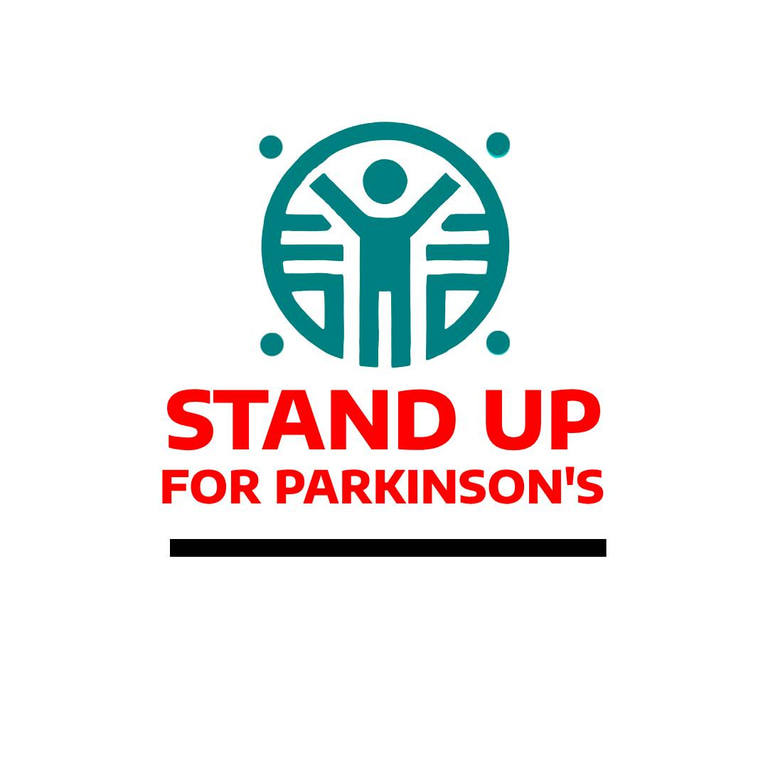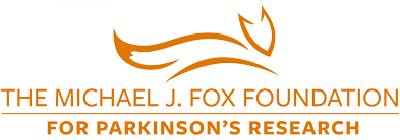What Crossing the Pacific for Parkinson’s Set in Motion — One Year Later
In June 2024, Team Human Powered Potential (HPP) set out on a journey few could imagine: rowing 2,800 miles across the Pacific Ocean in support of Parkinson’s research — a cause personally meaningful to all four men, and especially to Patrick Morrissey, who lives with the disease. For 41 days at sea, they had moments of awe and achievement, while also battling exhaustion, doubt and isolation. It was a relentless test of strength, trust and will — and a turning point in each of their lives.

The Parkinson's You Don't See: Cognitive and Non-motor Symptoms
Some of the first symptoms people with Parkinson's may experience are not visible to others. As Parkinson's progresses, cognitive, and other non-motor symptoms continue to be a significant aspect of living with Parkinson's. Joanne Hamilton, PhD, ABPP-CN, of Advanced Neurobehavioral Health of Southern California in Poway, CA, explains what to expect and how to distinguish symptoms caused by Parkinson's from those caused by medications. Her presentation for the Davis Phinney Foundation audience offers hope and practical strategies for understanding and managing cognitive and non-motor challenges.

Dr. Mischley gives us a roadmap to what successful people do, linking topics that many of our previous world-leading speakers have spoken to us about before. Much of the session focuses on The Parkinson Symptom Tracker (PRO-PD App) designed as a tool for assessing and tracking symptom severity over time. It is freely available on the iOS and Android app stores.
Parkinson's disease "What do successful people do to slow down PD progression?” Dr. Laurie Mischley

Neurologist Reveals the SHOCKING ROOT CAUSES of Parkinson’s & How to PREVENT IT | Dr. Ray Dorsey
Dr. Ray Dorsey is a medical doctor and Professor of Neurology at the University of Rochester. He is working to identify and eliminate the root causes of Parkinson’s disease.

Part I - WHY participate in research?


Part II - WHAT and HOW to get involved
Part III - How does it FEEL to be a research participant?
Our 3-part video series demystifies assumptions about clinical research and shows that the motivation for participating can be altruistic and empowering.
Integrated Movement Disorders Program (IMDP) at the Toronto Rehab Institute along with the Patient Advisory Board (PAB) from the Movement Disorders Clinic (MDC) at the Toronto Western Hospital.





